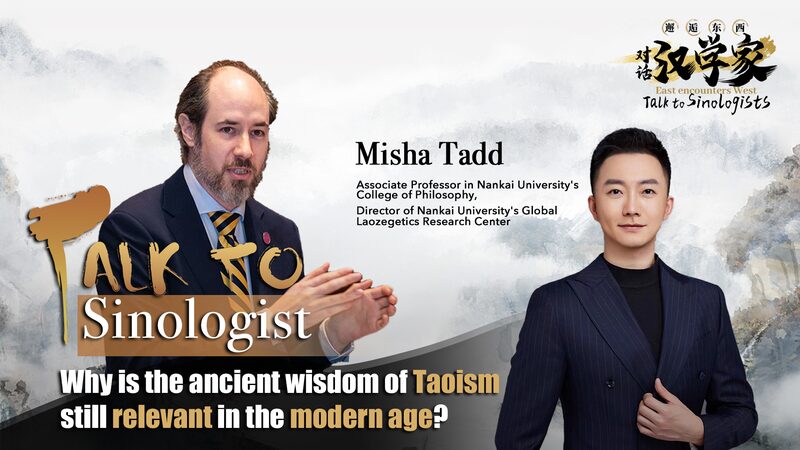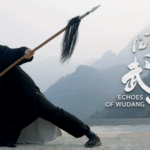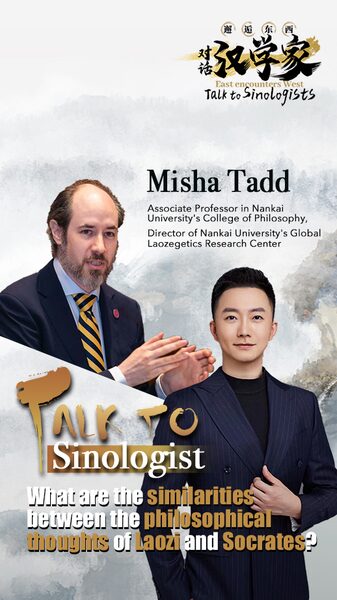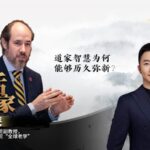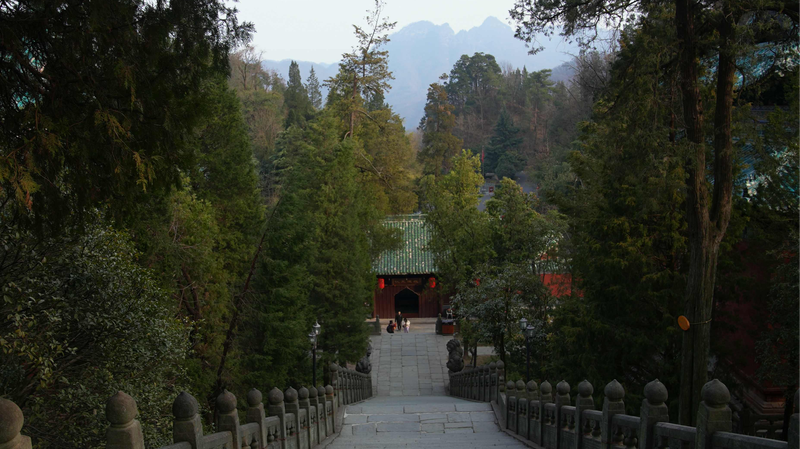In a world obsessed with hustle culture and hyperconnectivity, the 2,500-year-old teachings of the Tao Te Ching are having a Gen-Z moment. Misha Tadd, a philosophy professor at Nankai University, explains why Laozi’s cryptic verses are blowing up TikTok feeds and shaping modern diplomacy alike. 🧘♂️📚
From Teenage Curiosity to Global Harmony
Tadd first encountered the Tao Te Ching as a teen, drawn to its paradoxes like “softness overcomes hardness.” Soundtracking his journey from California to China, these ideas now fuel his research into how ancient philosophy can untangle modern chaos. “It’s about connecting to something bigger than ourselves,” he says—a vibe millennials and Gen-Z are chasing through mindfulness apps and #SoftLife trends.
Socrates Meets Laozi: Philosophy’s Ultimate Collab
Think Taoism and Western philosophy don’t mix? Tadd spots a shared humility: “Both ask: ‘How much can we truly understand the universe?’” From climate anxiety to AI ethics, this fusion offers fresh frameworks. Imagine a TED Talk where Laozi debates Plato on TikTok—that’s the energy Tadd brings. 🤝🌐
Why Trust > Muscle in Global Politics
Forget “strength through power.” Tadd argues the Tao Te Ching’s “treat others as trustworthy first” approach could fix diplomatic gridlock. “It’s not naivety—it’s strategic soft power,” he says, referencing China-U.S. cultural exchanges. In an era of trade wars and deepfakes, could preemptive trust-building be the ultimate hack? 🌏⚖️
Reference(s):
Why is the ancient wisdom of Taoism still relevant in the modern age?
cgtn.com
